Finances
How to get an 800 credit score
Learn how to get an 800-point credit score and gain access to the best credit card and loan offers available in the market.
Advertisement
An 800-point credit score will get you the best credit and loan deals. Here is how you can get there
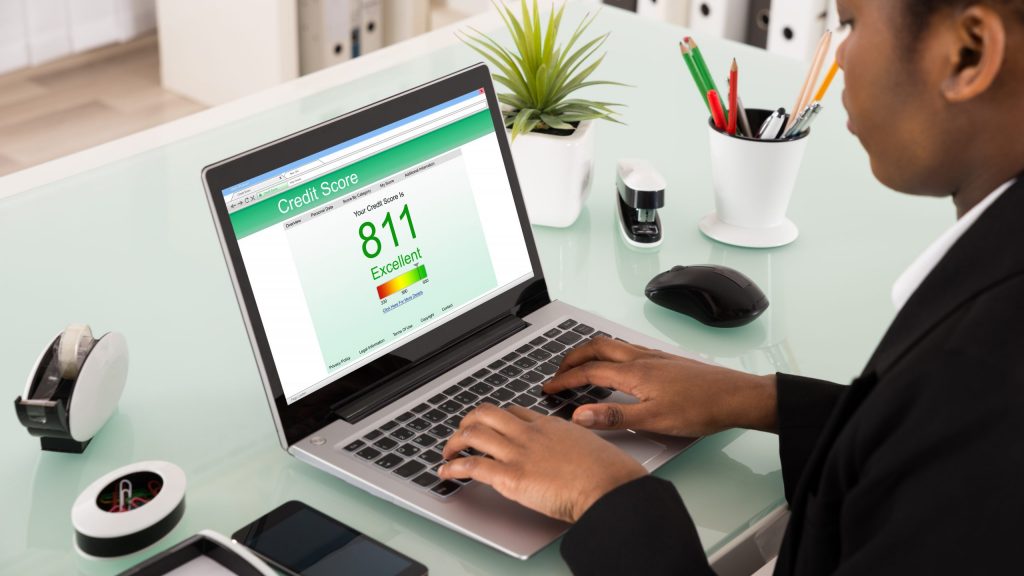
Want to learn how to get an 800 credit score? Having a credit score of 800 points places you in an extremely favorable position when it comes to credit cards and loan options.

What credit score is needed to buy a car?
If you are planning on buying a car but does not know what credit score you need to do that, we are going to help you find out.
800 is not the perfect credit score to have. However, it is the highest tier of FICO scores, and this means 90% of lenders will want you.
An 800 credit score or better is not common. Less than 25% of all consumers have a FICO score of 800, and if you fall within this select group, you are an exceptional borrower in the eyes of lenders.
Having this high credit score means you probably have a long credit history, impeccable payment history, a good credit mix, and a low credit utilization ratio.
If, however, you are not quite there yet but would like to do it, there are ways you can work on your credit.
We are not guaranteeing your credit score will reach 800. However, taking actionable steps will definitely improve your score and get you great offers.
How to work on your credit

Having an 800-point credit score does not guarantee you will be approved for credit products or qualify for the best terms.
There are a number of other facts lenders take into consideration, including employment history, income, and debt.
Nonetheless, such a high credit score is proof of credit competence in the eyes of lenders.
It sharply increases your approval odds for credit offers, lower interest rates, better insurance rates and higher credit limits.
So here is our guide to how to get an 800 credit score.
You will be redirected to another website
By submitting this form, I agree that I am 18+ years old and I agree to the Privacy Policy and Terms and Conditions. I also provide my signature giving express consent to receive marketing communications via automated emails, SMS or MMS text messages and other forms of communication regarding financial products such as credit card and loans. Message frequency varies and represents our good faith effort to reach you regarding your inquiry. Message and data rates may apply. Text HELP for help or text STOP to cancel. I understand that my consent to receive communications is not a condition of purchase and I may revoke my consent at any time.
1. Develop a solid credit history
Your credit history accounts for 15% of your credit score. If you have a negative, minimal or no credit history whatsoever, this will hold you back from reaching the 800-point score.
In case you have no credit history, you can start building your credit by applying for your first credit card.
You can also take out a credit-builder loan, which is a type of personal loan which helps you add a consistent payment history to your credit report.
Different from traditional loans, you do not receive a lump sum deposit from a lender. What happens instead is that the lender sets the money aside in an interest-bearing account.
Once you have repaid the loan, you gain access to the funds.
Another way you can build your credit history is by making responsible use of a credit card. You can apply for a secured credit card in case you do not qualify for a traditional one.
A secured credit card requires a cash deposit, and that deposit is equal to your credit limit.
2. Always pay your bills on time
Just like with credit-builder loans, paying your bills on time contributes positively to your payment history.
Notice that your FICO score is 35% made up of your payment history. For this reason, it should be one of your highest priorities to never miss a payment.
Creditors can report bills that become 30 days past due to the credit bureaus. When this happens, it can seriously damage your credit score, and you should avoid it at all cost.
Keep track of your payment dates, and try paying your balances in full each month.
3. Keep a low balance on your card
After your payment history, your credit utilization ratio is the second most important factor in your credit score.
It is the amount of credit you have available to you compared to how much of your credit you actually use.
So if you have, say, $10,000 of available credit but your balance never exceeds $2,000, your credit utilization ratio is 20%.
As a rule, you want to keep your credit utilization below 30%. However, 800-point credit score consumers usually use up an average of 11.5%.
4. Watch for mistakes in your credit report
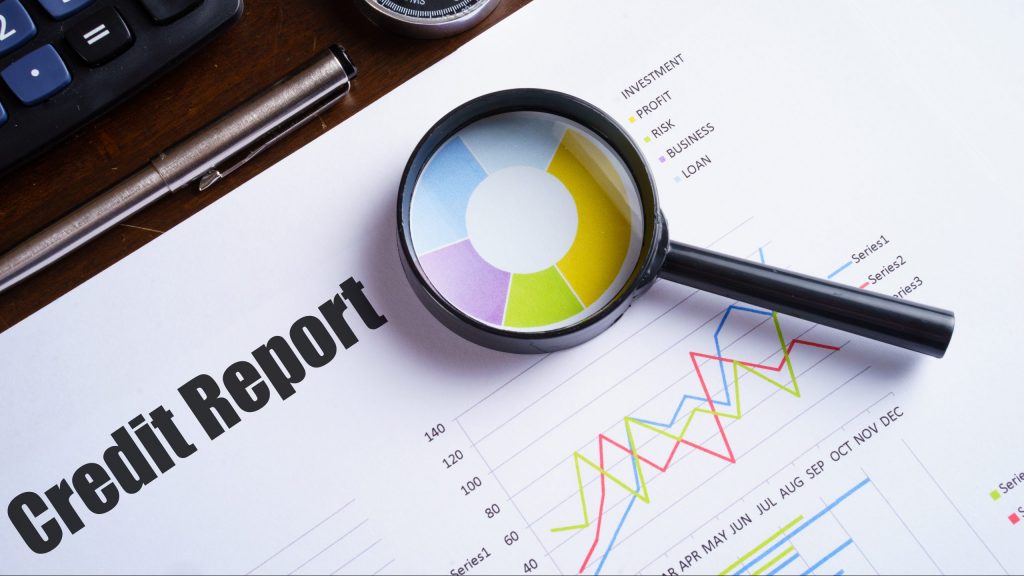
Reviewing your credit reports is part of keeping track of your progress. When you review it, make sure there is no inaccurate negative information like collection accounts or late payments.
Credit report mistakes can happen, so even if you are 100% positive you have never missed a payment, you must watch for errors.
Review the reports of all major credit bureaus and if you find errors, file a dispute to get that straightened up. That could mean a noticeable difference in your credit score.
5. Work on your credit mix
Your credit mix determines 10% of your credit score. So it might be worthwhile having other types of credit accounts such as car loans or personal loans.
Getting another credit card is going to add to your credit limit, which helps reduce your overall credit utilization. Just keep in mind what we have said in tip number 2. Always pay your bills on time.
The bottom line
In your journey to an 800-point credit score you will slowly learn that regardless of achieving this amount of points, knowing how to manage credit is a valuable skill.
A higher credit score allows you to not worry about meeting lender’s minimum credit requirements. It also improves the amount of interest you would have to pay on a mortgage or personal loan.
When you look for a new credit card, a good credit score can get you the best 0% APR cards. Not to mention travel credit cards, which come with generous travel bonuses.
How about insurance? Insurance comes with a premium which insurance companies calculate by factoring in your credit score. Some states allow credit-based insurance.
In such cases, you could get a nice discount on your homeowners or auto insurance premiums.
There are only advantages to having a high credit score. If you can make it to the 800s, good for you!
Just remember that once you get there, you must work to maintain it. Credit scores fluctuate, so keep practicing good credit habits.
Do you need an 800 credit score to buy a house?
A house is certainly one of the most important things a family can own. But it is not easy to buy a house, and many people will need to get a loan, as it is too expensive to buy cash.
But what credit score do you need to buy a house? Is it the 800 credit score? The following content has the answer.

What credit score do you need to buy a house?
If you are trying to find out what is the right credit score to buy a house, you have come to the right place. Read our article and find out!
About the author / Danilo Pereira
Trending Topics
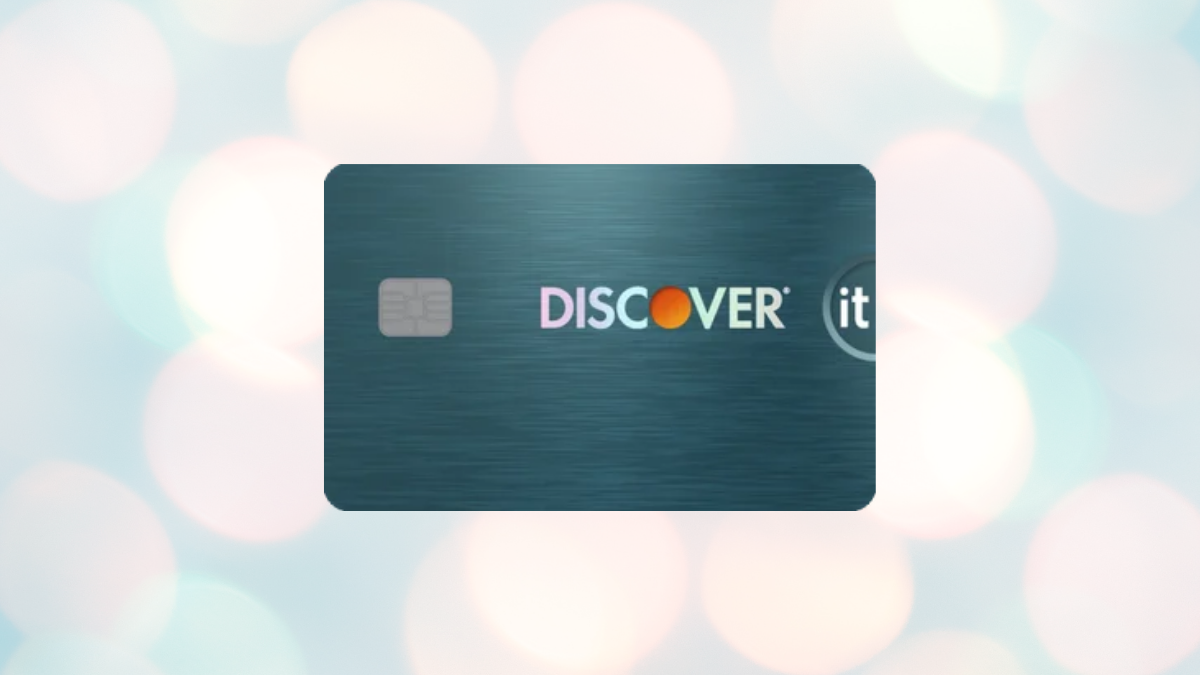
Discover it® Balance Transfer review
Looking for a no-annual-fee card with a long 0% intro APR period on balance transfers? Then read this Discover it® Balance Transfer review.
Keep Reading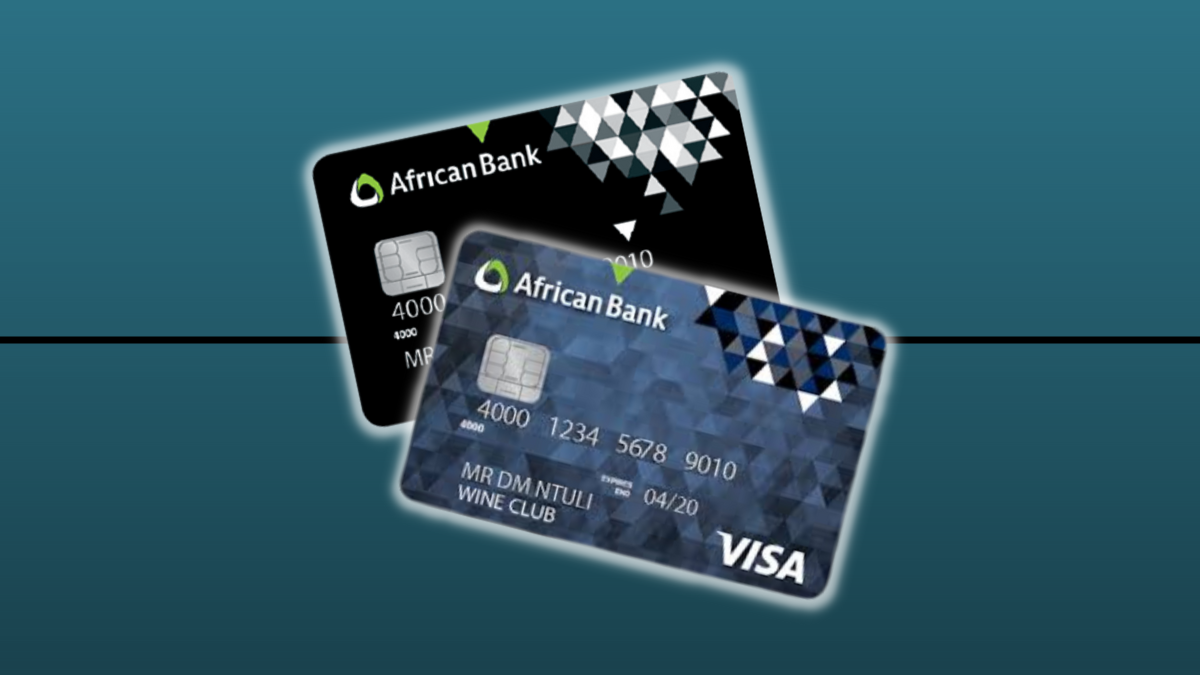
African Bank Credit Card review
Check our African Bank Credit Card review to see if this is the right card to match your lifestyle. We look over its perks, fees and more!
Keep Reading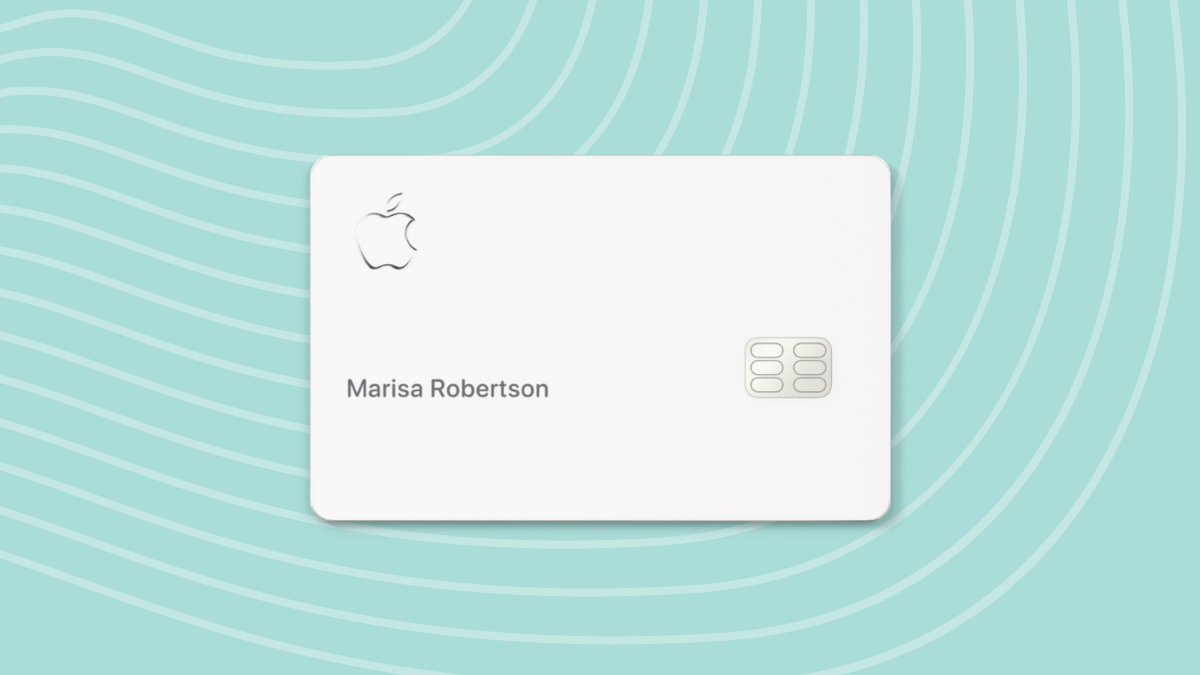
Apple Card review
Check out this Apple Card review to learn why this credit card can be the perfect choice for Apple users who love rewards on their spending.
Keep ReadingYou may also like

Tech stocks to add to your watchlist
At a time when recession is still a possibility for the near future, learn which are the best opportunities to buy among tech stocks.
Keep Reading
Safe investments with the best low-risk options
If you're a beginner or conservative investor, you will like what the best low-risk investments have to offer. Take a look at this post.
Keep Reading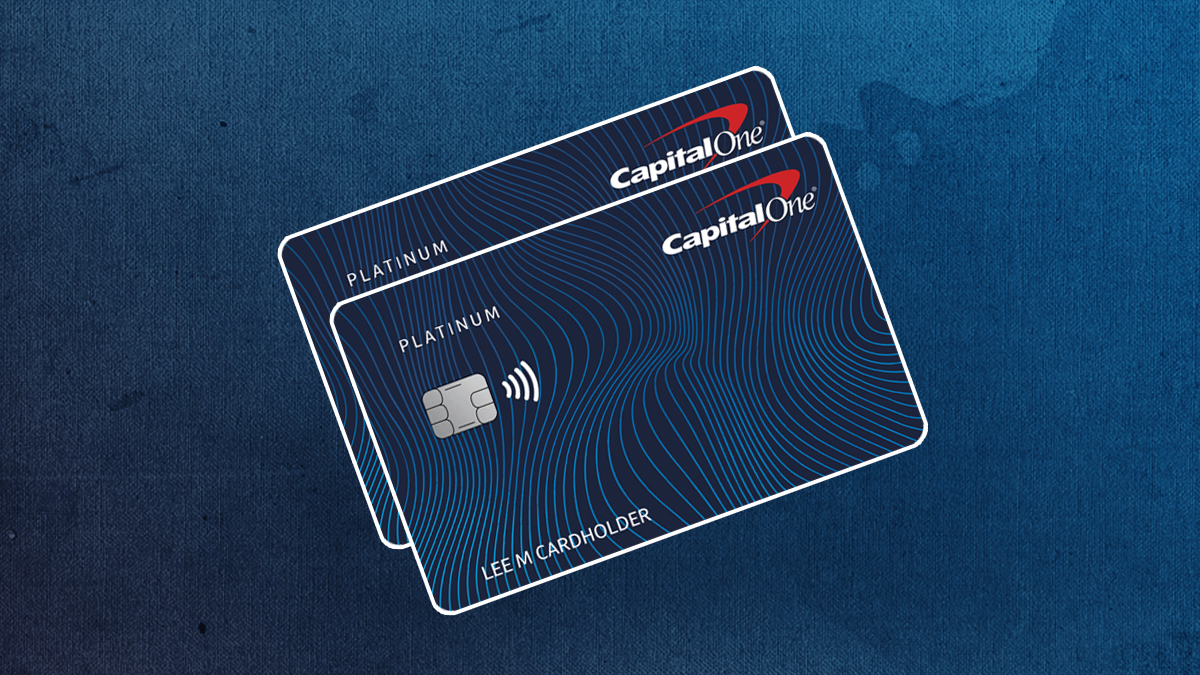
Platinum Secured Card from Capital One application
Take the first step towards better credit and learn how to apply for the Platinum Secured Card from Capital One online and in minutes!
Keep Reading